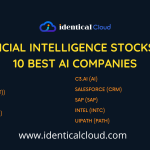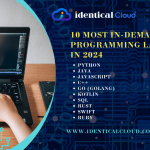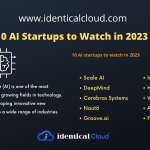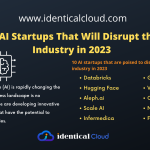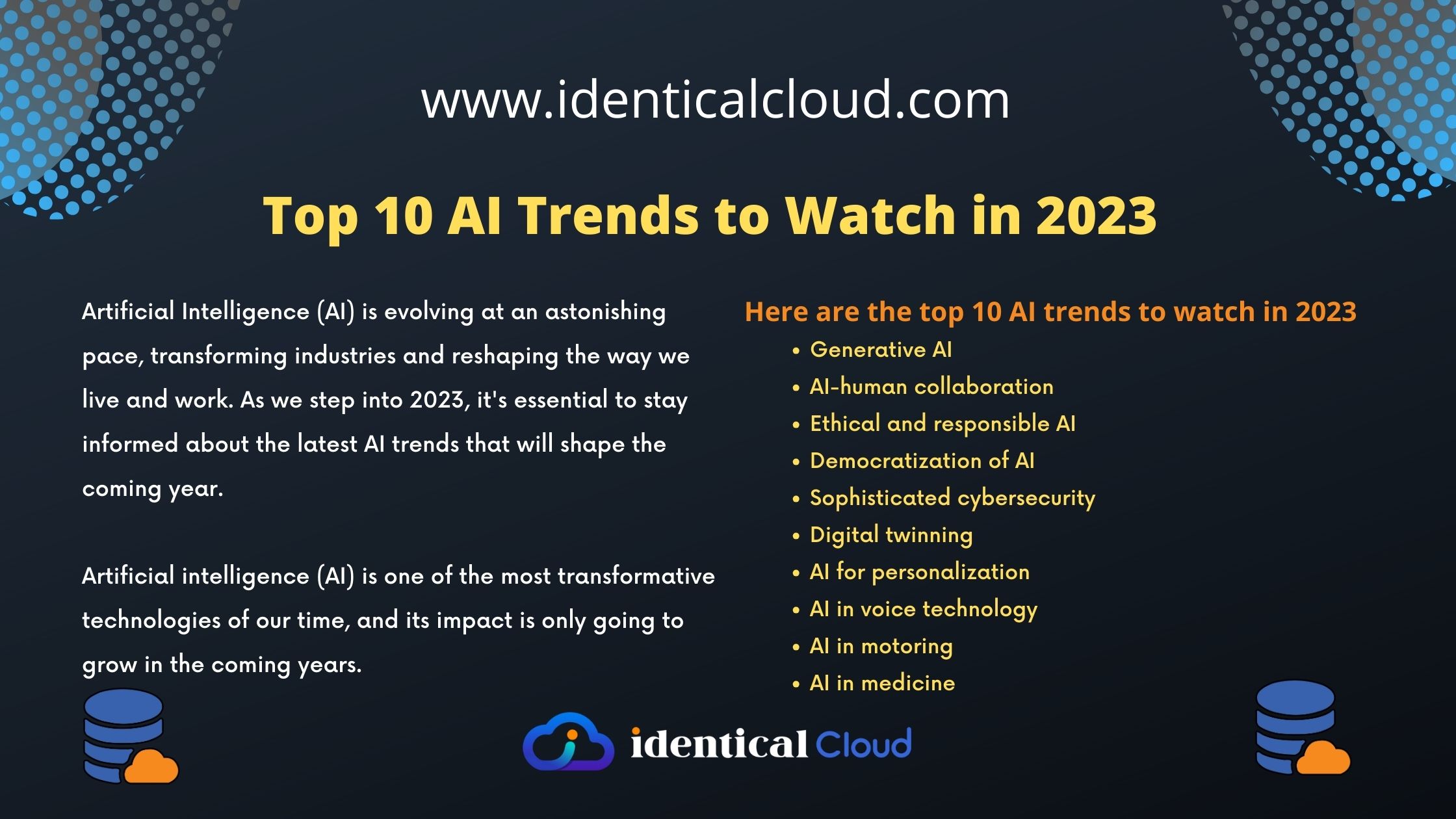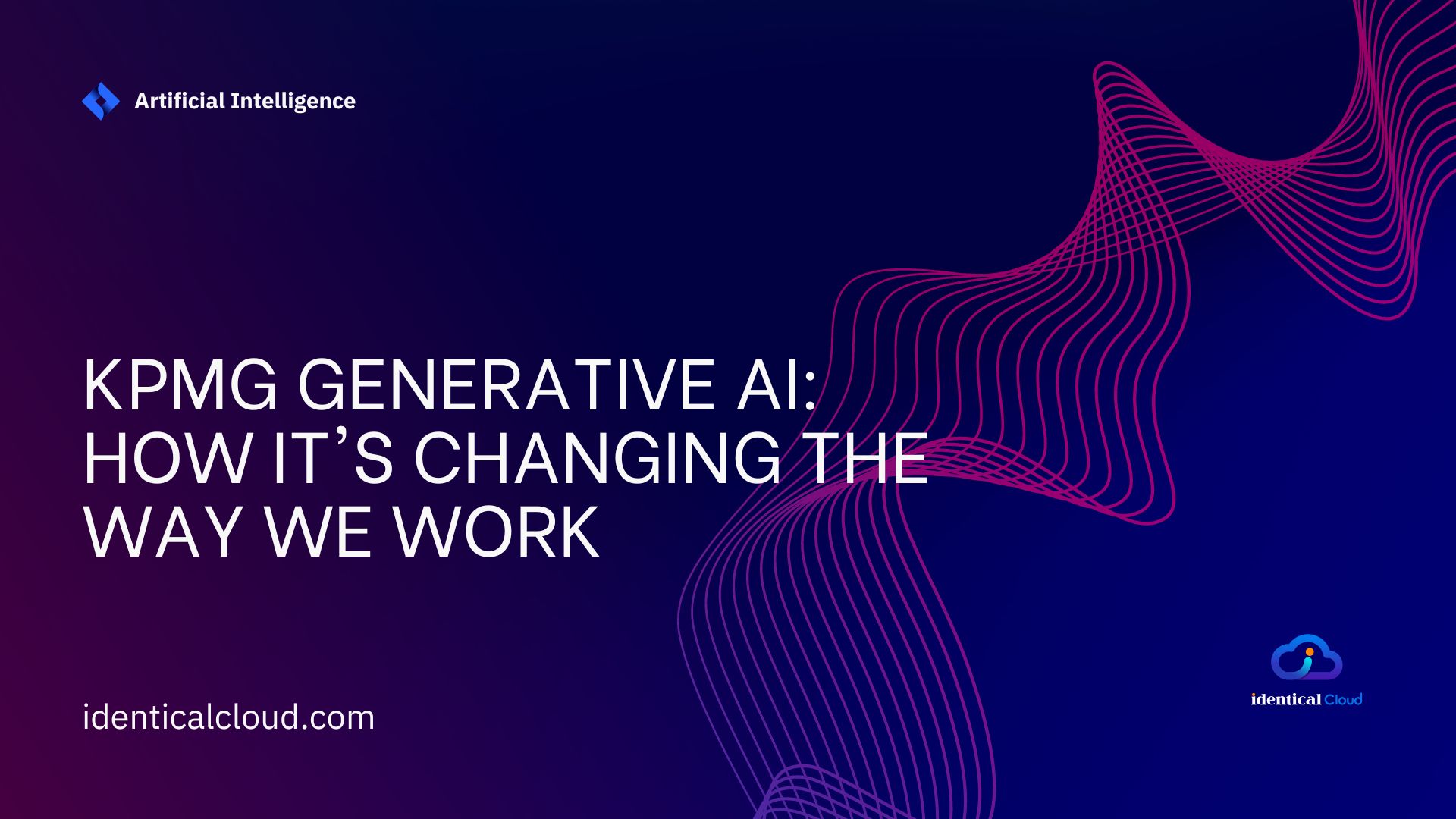
KPMG Generative AI: How It’s Changing the Way We Work
KPMG Generative AI: How It’s Changing the Way We Work
KPMG is a global professional services firm that provides audit, tax, and advisory services to a wide range of clients. The company has been at the forefront of innovation for many years, and it is now using generative AI to change the way we work.
Generative AI is a type of artificial intelligence that can be used to create new content, such as text, images, and code. It is still under development, but it has the potential to revolutionize many industries, including accounting.
KPMG is using generative AI to automate tasks, generate creative content, and make predictions. For example, the company is using generative AI to automate the process of reviewing financial statements. This frees up auditors to focus on more complex tasks, such as identifying and mitigating risks.
KPMG is also using generative AI to generate creative content, such as marketing materials and reports. This helps the company to communicate its message more effectively and to reach a wider audience.
In addition, KPMG is using generative AI to make predictions about future trends. This helps the company to make better business decisions and to stay ahead of the competition.
The use of generative AI by KPMG is just one example of how this technology is changing the way we work. As generative AI continues to develop, it is likely to have an even greater impact on our lives and our work.
What is KPMG?
KPMG is a global professional services firm that provides audit, tax, and advisory services to a wide range of clients. The company was founded in 1870 and has over 227,000 employees in 147 countries. KPMG is one of the Big Four accounting firms, along with Deloitte, PricewaterhouseCoopers, and Ernst & Young.
The Future of Work: Embracing Transformation
The future of work is rapidly changing, thanks to the rise of automation and artificial intelligence. These technologies are making it possible to automate many tasks that were once done by humans, and they are also creating new opportunities for innovation.
KPMG’s Generative AI is just one example of how artificial intelligence is changing the way we work. This technology has the potential to automate many tasks that are currently done by humans, and it can also be used to generate creative content and make predictions.
As generative AI continues to develop, it is likely to have an even greater impact on our lives and our work. It is possible that in the future, we will see a world where many jobs are automated by machines, and where humans are freed up to focus on more creative and strategic tasks.
1. Evolution of Work Dynamics: The concept of the future of work revolves around the transformational changes occurring in how we work, collaborate, and deliver value. Technological advancements, including AI and automation, are altering traditional job roles and requiring professionals to adapt and upskill to remain relevant.
2. Remote Work and Digital Connectivity: Remote work and digital connectivity have become integral components of the future of work. The COVID-19 pandemic accelerated this shift, compelling organizations to rethink their operational models and prioritize flexible work arrangements.
Revolutionizing the Industry
KPMG’s Generative AI is not only changing the way we work, but it is also revolutionizing the accounting industry. This technology has the potential to automate many tasks that are currently done by accountants, and it can also be used to generate creative content and make predictions.
This is a major shift for the accounting industry, which has traditionally been slow to adopt new technologies. However, KPMG’s Generative AI is a sign that the industry is finally starting to embrace innovation.
As generative AI becomes more widespread, it is likely to have a major impact on the accounting industry. It could lead to job losses for some accountants, but it could also create new opportunities for those who are willing to embrace change.
1. Integrating AI: KPMG has been at the forefront of adopting AI technologies to enhance its service offerings. Generative AI, in particular, is a game-changer that combines the power of AI and human expertise to drive innovation and problem-solving.
2. Enhancing Decision-Making: Generative AI enables KPMG professionals to analyze vast datasets and generate insights that guide decision-making. By automating repetitive tasks and data analysis, professionals can focus on more strategic and value-added activities.
Success in the Digital Age
In the digital age, businesses need to be able to adapt quickly to change. They need to be able to use new technologies to improve their processes and to stay ahead of the competition.
KPMG’s Generative AI is a tool that can help businesses to succeed in the digital age. This technology can be used to automate tasks, generate creative content, and make predictions. This can help businesses to improve their efficiency, their productivity, and their profitability.
In addition, generative AI can help businesses to stay ahead of the competition. By using this technology to generate new ideas and make predictions, businesses can identify new opportunities and avoid risks.
1. Client-Centric Solutions: KPMG’s Generative AI is designed to provide client-centric solutions that address complex business challenges. By harnessing the capabilities of AI, KPMG delivers insights that empower clients to make informed and impactful decisions.
2. Driving Efficiency and Accuracy: Generative AI accelerates processes, enhances accuracy, and improves efficiency. These benefits translate into streamlined operations and improved client outcomes.
Tool for Problem Solving
KPMG’s Generative AI is also a powerful tool for problem-solving. This technology can be used to generate new ideas and find solutions to complex problems.
For example, KPMG is using generative AI to help clients to solve problems related to financial reporting, compliance, and risk management. This technology is also being used to help clients to develop new products and services.
As generative AI continues to develop, it is likely to become an even more powerful tool for problem-solving. This technology has the potential to help businesses to solve problems that were once thought to be impossible.
1. Unleashing Creativity: Generative AI acts as a catalyst for creativity and innovation. It generates alternative scenarios, solutions, and ideas that might not have been evident through traditional analysis.
2. Data-Driven Insights: By analyzing vast amounts of data, Generative AI provides data-driven insights that guide problem-solving and strategic planning.
3. Customized Solutions: Generative AI tailors solutions to specific client needs, taking into account unique circumstances, market trends, and industry dynamics.
KPMG’s Generative AI marks a significant step toward embracing the future of work and harnessing the potential of AI in professional services. This technology not only transforms the way KPMG professionals approach problem-solving but also empowers clients with actionable insights and innovative solutions. As the professional services industry continues to evolve, KPMG’s commitment to innovation and technological advancement positions it as a driving force in shaping the way we work, collaborate, and thrive in the digital age. The era of Generative AI has arrived, and with it, a new era of possibilities for organizations and individuals alike.

